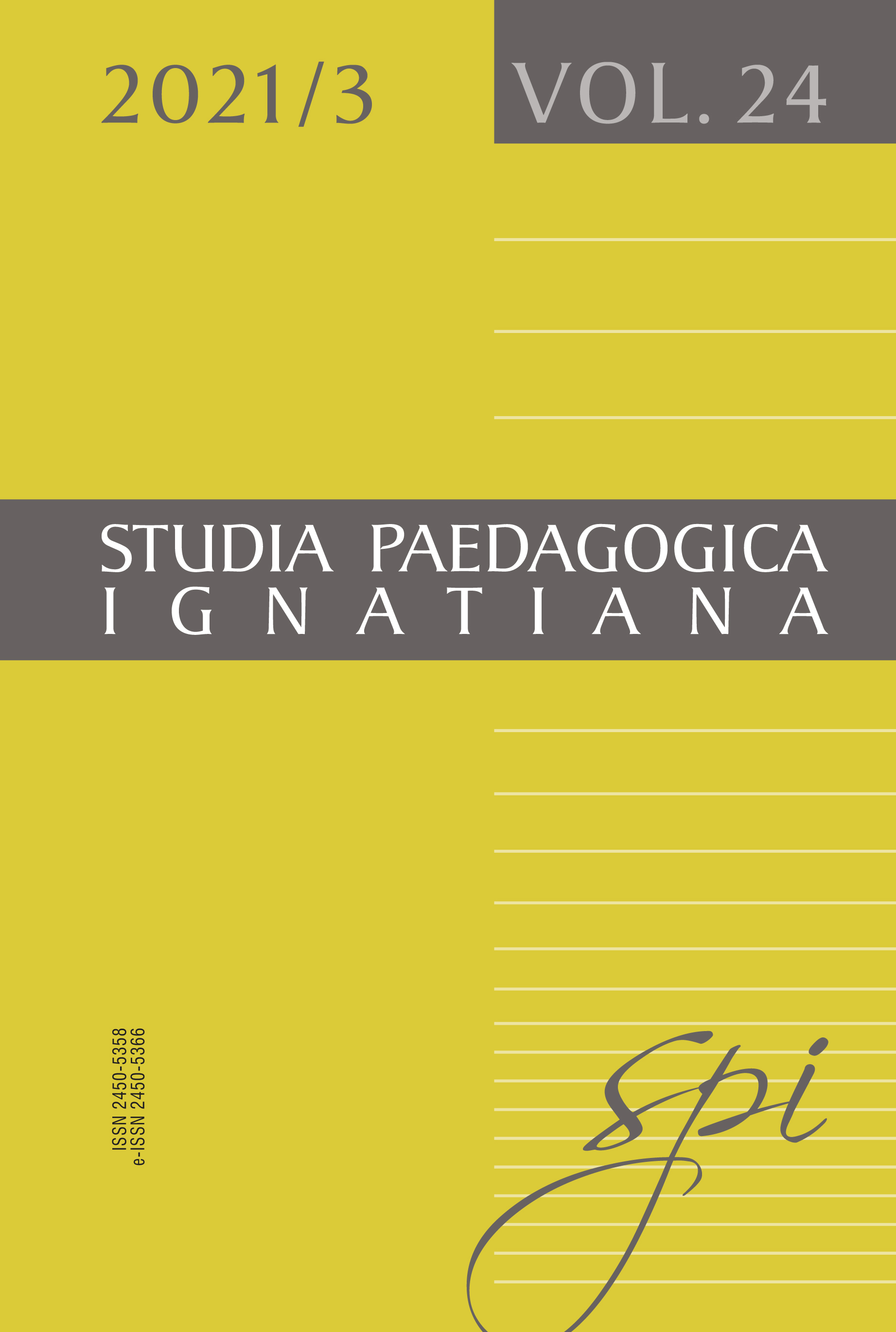Platon i Arystoteles. Relacja mistrz – uczeń we wczesnej Akademii
Plato and Aristotle: the Master – Student Relationship in the Early Academy
Author(s): Przemysław PaczkowskiSubject(s): Philosophy, Social Sciences, Education
Published by: Uniwersytet Ignatianum w Krakowie
Keywords: Academy; Plato; Aristotle; master; philosophical education
Summary/Abstract: The aim of the article is to analyze the master – student relationship by means of the example of the relationship between Plato, the founder of the Academy, and Aristotle, his most outstanding pupil. Aristotle is usu- ally seen as a critic and traitor of Platonism. This thesis is only justified if the master – student relationship is perceived in the school paradigm.Based on the analysis of preserved testimonies and a discussion about the early Academy among contemporary scholars, I claim that Plato created a new model of collaboration with his students, which I de- scribed as “scientific”. It is characterized by: the lack of orthodox doc- trine in the early Academy, open discussions between the master and his students over the assumptions and difficulties of his doctrine of Ideas, absolute freedom of Academy members to conduct independent re- search, their intellectual independence, even leading to the rejection of the doctrine of the master. In Aristotle’s case, this not only resulted in the formulation of original concepts within physics, metaphysics, politics and ethics, but also in another model of scientific work and pedagog- ical practice in his own school. Nevertheless, I firmly define Aristotle as a true Platonist and the most outstanding continuator of his master’s teaching. Aristotle remained faithful to Plato’s most important message: that the philosophical model of life – bios theoretikos – is a vocation of man.
Journal: Studia Paedagogica Ignatiana
- Issue Year: 24/2021
- Issue No: 3
- Page Range: 17-33
- Page Count: 17
- Language: Polish

